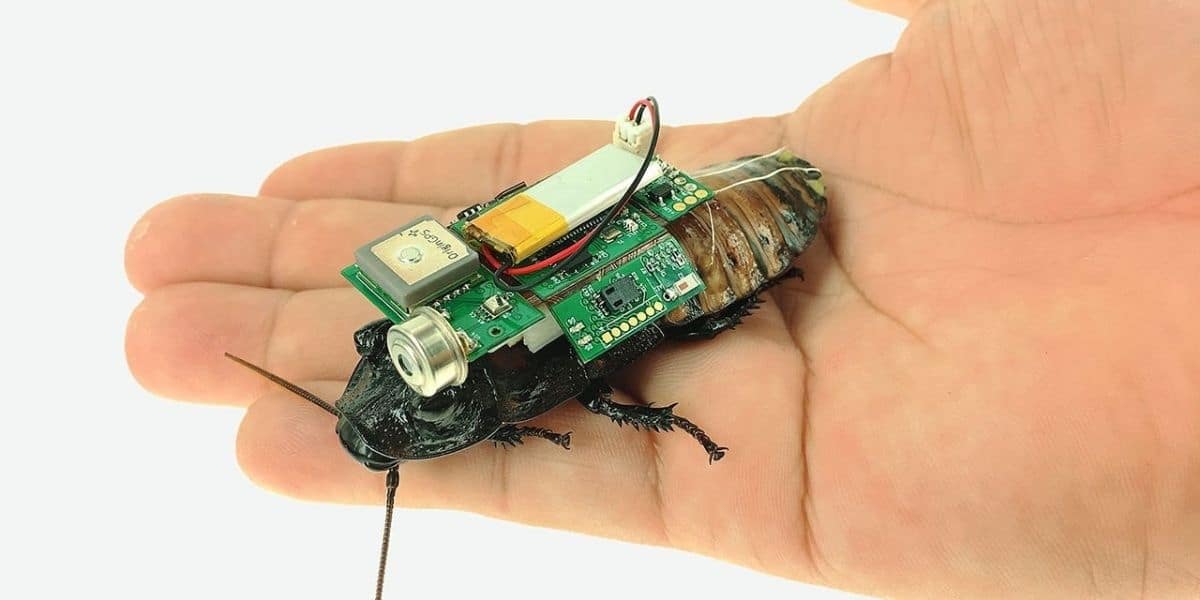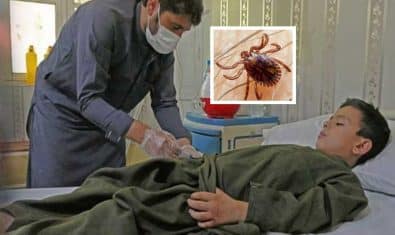For years, scientists and researchers have been trying to equip insects with robot technology in an attempt to control them and use them for warfare or different forms of surveillance.
A researcher, Sato Hirotaka of Nanyang Technological University, in Singapore, has been engaging in studying and experimenting with cyber-insects, such as the likes of large flower beetles for over 15 years. However, recently he adopted a new approach to control “cyber-roaches”. Instead of dictating their movements with the help of remote control, he has turned them into autonomous agents by controlling them via algorithms that respond directly to the sensors onboard their backpacks.
The insects opted by Dr. Sato for experimentation are Madagascar hissing cockroaches, which are about 6 cm long. The said backpacks include a communications chip, a carbon-dioxide sensor, a motion sensor, an infrared digicam, and a tiny battery.
The underlying idea is to use fleets of these roaches to carry out search-and-rescue operations in collapsed buildings, with an aim to look for any signs of life like motion, body heat, or even elevated CO2 levels from respiration. The artificial intelligence that detects the presence of a survivor is programmed immediately into the digicam. If it thinks it has noticed somebody, it alerts a rescuer.
To test this concept, Dr. Sato and his team conducted tests in a simulated disaster area. They laid out concrete blocks of varied sizes and shapes covering a space of 25 sq. meters. They then launched the cyber-roaches in this space to test the concept. The software program proved capable of recognizing people appropriately 87 percent of the time, which Dr. Sato thinks could be improved by accumulating a number of pictures from completely different angles.
The next stage of the project is to improve the system for outdoor use. After that, the production of backpacks and the automation of attaching them to insects would be commercialized. If all goes well, Dr. Sato believes, we would be making use of the results in the next five years.

























